What exactly is a superfood
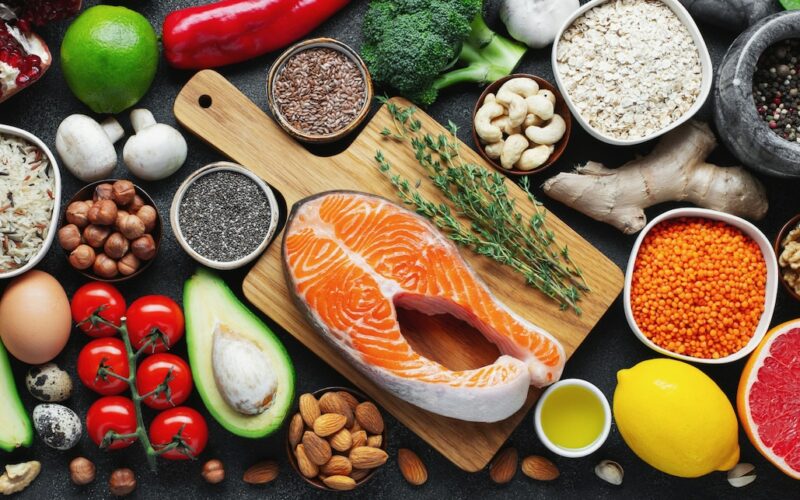
A superfood is a food that has high concentrations of nutrients and health benefits. Superfoods are not necessarily new foods; many of them have been eaten for centuries. They may be called “super” because they provide more nutrients per calorie than other foods, or because they have been shown to have other beneficial effects on your health.
Leafy greens
Leafy greens are high in fiber, vitamins and minerals. They are a good source of iron, calcium, vitamin A and vitamin K. They also contain some B vitamins and potassium.
Leafy greens have no cholesterol or fat. They’re low in sodium as well—and high in antioxidants!
Cruciferous vegetables
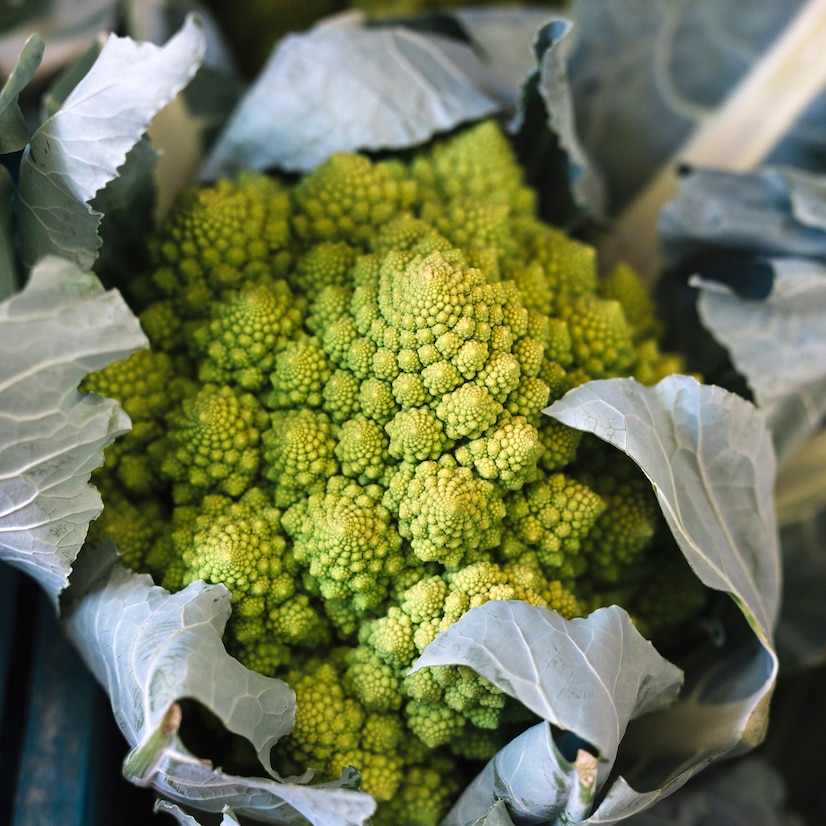
Cruciferous vegetables are all the rage these days. And with good reason: they’re packed with nutrients like fiber, iron and vitamins A and C that help keep you healthy. But have you ever wondered what exactly makes them so super?
To start, cruciferous vegetables are all members of the Brassica plant family—and those include broccoli, kale, arugula and watercress. You may also see some similar-looking foods grouped under this umbrella term—like bok choy or radishes.
These veggies can be eaten raw or cooked (though boiling isn’t recommended because it destroys many of their nutrients). They’re great in salads or as sides to your favorite meals—or simply sliced up on their own!
Here’s how much you should eat per day:
- Broccoli: 4 cups per week (1 cup = 2 servings)
- Kale: 4 cups per week (1 cup = 1 serving)
- Arugula: 1½ cups per week (1 cup = 2 servings)
- Watercress: 3 cups per week (1 cup = 3-4 servings)
- Radishes: 4 cups per week (1 cup = 2 servings)
- Bok choy: 3 cups per week (1 cup = 1 serving)
Mushrooms
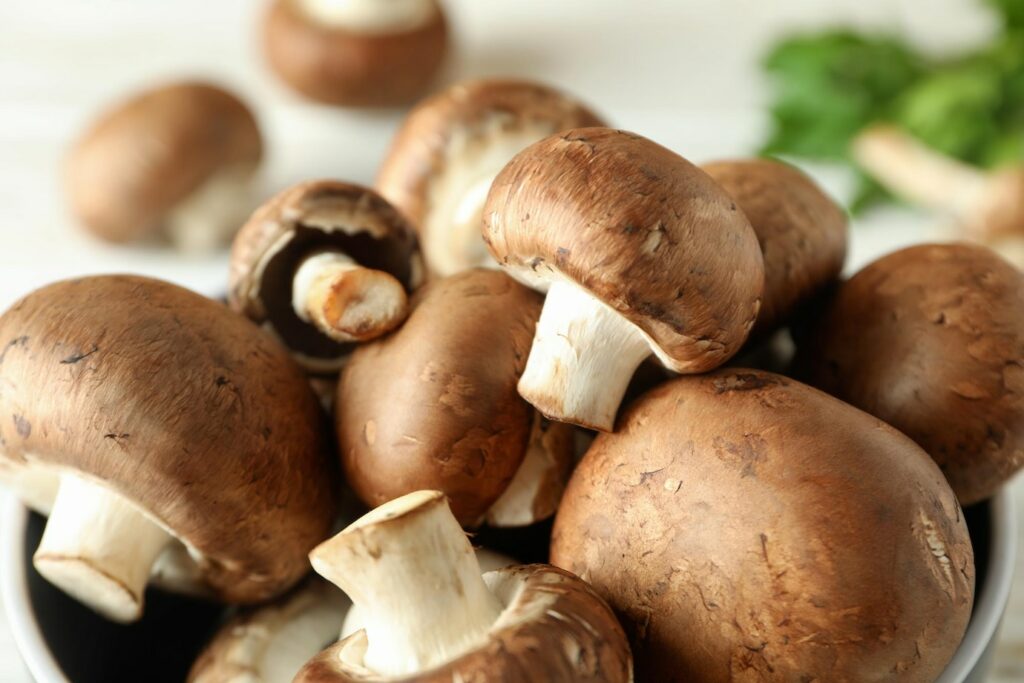
Mushrooms are a rich source of antioxidants and vitamin D. They’re also low in calories and fat, making them an excellent food choice for those looking to lose weight or tighten up their diet. Mushrooms contain selenium, copper, potassium and other minerals that help prevent heart disease and cancer as well as lower blood pressure.
One cup of sliced white mushrooms contains just 35 calories while also providing 1 gram (g) of dietary fiber; they’re a great substitute for meat because they have the same texture but fewer calories than beef or chicken.
Fatty fish and seafood
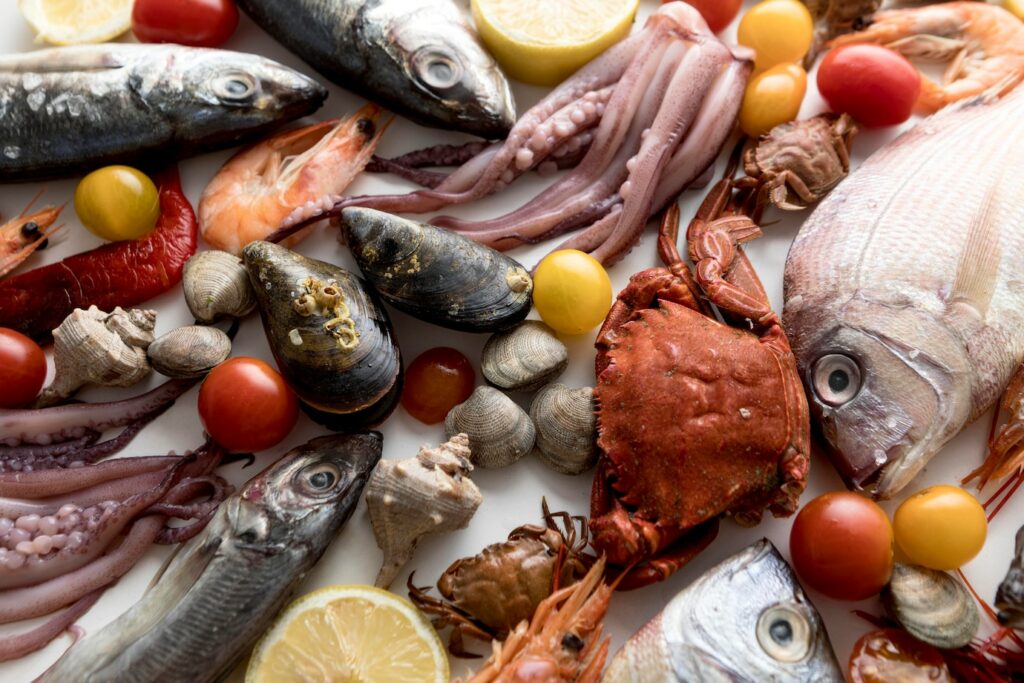
Fatty fish, like salmon and tuna, are good sources of protein and vitamins. Salmon is also a good source of omega-3 fatty acids, which are essential for proper brain function. Omega-3 fatty acids help prevent heart disease and can lower cholesterol levels. In fact, the American Heart Association recommends eating fish at least twice per week because it’s high in protein and low in saturated fat (the kind that can raise blood cholesterol).
Nuts and seeds
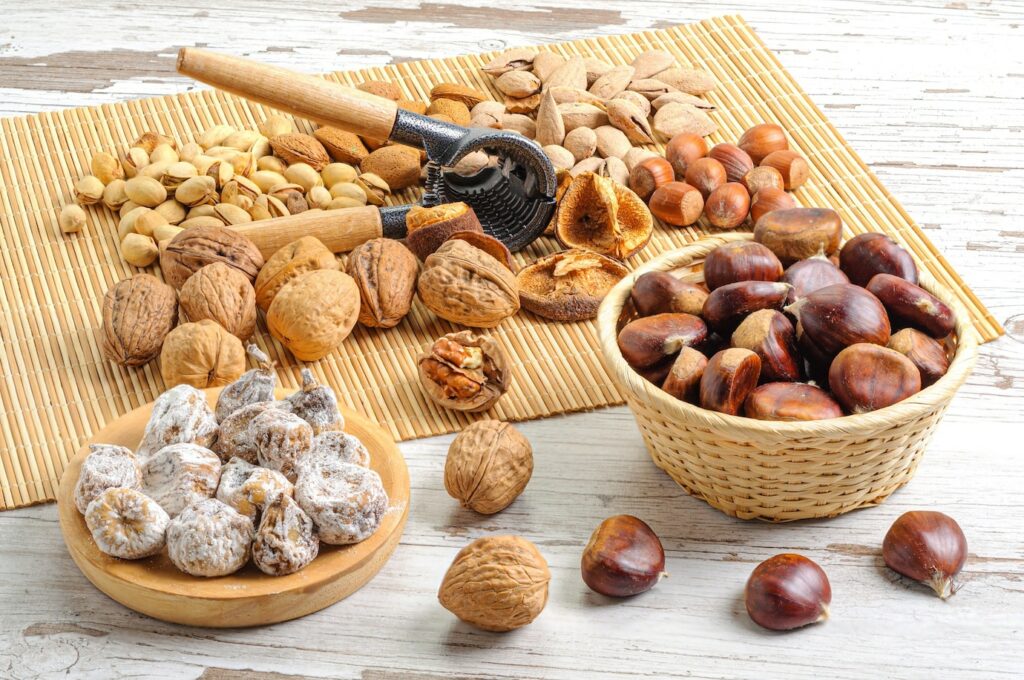
Nuts and seeds are packed with nutrients, as well as healthy fats and protein. They’re a great source of vitamin E, an antioxidant that protects against heart disease and cancer. Nuts have also been shown to reduce inflammation in the body—a problem that can lead to chronic diseases like arthritis, diabetes and heart disease. Plus: they taste delicious!
Beans and legumes
Beans are an excellent source of fiber, which helps you feel full more quickly and keeps your digestive system regular. They have also been shown to reduce cholesterol levels in the blood by as much as 15%.
Beans are also rich in protein, which will help keep your energy levels up throughout the day. If you’re looking for a quick protein fix without meat, beans may be just what you need!
Lean proteins
Lean protein is a great source of protein that can help you lose weight and build muscle. Lean proteins include fish, chicken, turkey and tofu. There are also other options such as eggs or animal sources like beef and pork which can be high in fat content but still contain high amounts of lean protein (you should be careful with how much you consume).
Probiotics
Probiotics are “good bacteria” that can have positive effects on your health. These live microorganisms, found primarily in the gut, help to keep your digestive system healthy. Probiotics may also boost immunity and help with mood disorders like depression.
Probiotics are not the same as prebiotics, which are non-digestible carbohydrates that stimulate the growth of beneficial bacteria in the intestines (and don’t necessarily need to be taken as a supplement).
Carotenoids
As you might imagine, carotenoids are antioxidants. They help protect cells from damage caused by free radicals and damage that can lead to heart disease, cancer and macular degeneration.
Carotenoids also help with night vision and keeping the immune system strong.
The carotenoids found in fruits and vegetables give them their vibrant colors. This includes foods like carrots, sweet potatoes, spinach and kale.
Whole grains (gluten-free)
- Whole grains are a good source of fiber. Fiber is the part of food that your body can’t digest, but it’s still essential for health because it helps you feel full and aids in digestion.
- Whole grains are high in B vitamins. Vitamins B1 (thiamin), B2 (riboflavin), B3 (niacin), B5 (pantothenic acid), and B6 are all found in whole grain products—and they’re important for energy production, weight management, detoxification, cognitive function, maintaining healthy skin, hair and nails and more.
- Whole grains are high in magnesium and zinc. Magnesium supports bone health and promotes muscle relaxation; zinc boosts immune function which helps prevent illness from knocking you down when you’re already sick or stressed out from work or personal life stressors like finances or family arguments over who gets to use the bathroom first if there’s only one bathroom for three people living together at home—that kind of thing can make anyone feel less than great about themselves sometimes so having something like superfoods will help give them an extra burst of energy needed to keep going despite what life throws at them every day!
Superfoods are nutrient-dense with many health benefits.
Superfoods are nutrient-dense and loaded with vitamins, minerals and antioxidants. They help to boost your health by strengthening your immune system so you can fight off colds and other illnesses, reduce inflammation, improve digestion, detoxify the body and more.
There are a number of great superfoods that you can find in your local grocery store right now—think leafy greens like kale or spinach; berries like blueberries; whole grains such as quinoa; dark chocolate or cacao nibs (raw chocolate); salmon; nuts like almonds or walnuts; seeds such as chia seeds or flaxseeds; legumes like lentils or chickpeas (garbanzo beans); coconut oil for cooking instead of butter—and more!
Conclusion
Superfoods are a great way to ensure you’re eating a balanced diet. They’re also easy to incorporate into your routine, whether it be daily or once in awhile.
If you haven’t already tried any of these foods, now is the time!

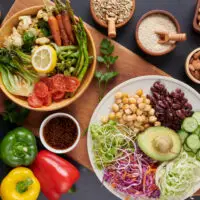

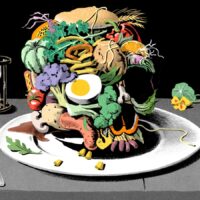
Pingback: 8 superfoods You Must Include in Your Diet Today! | Healthloggers